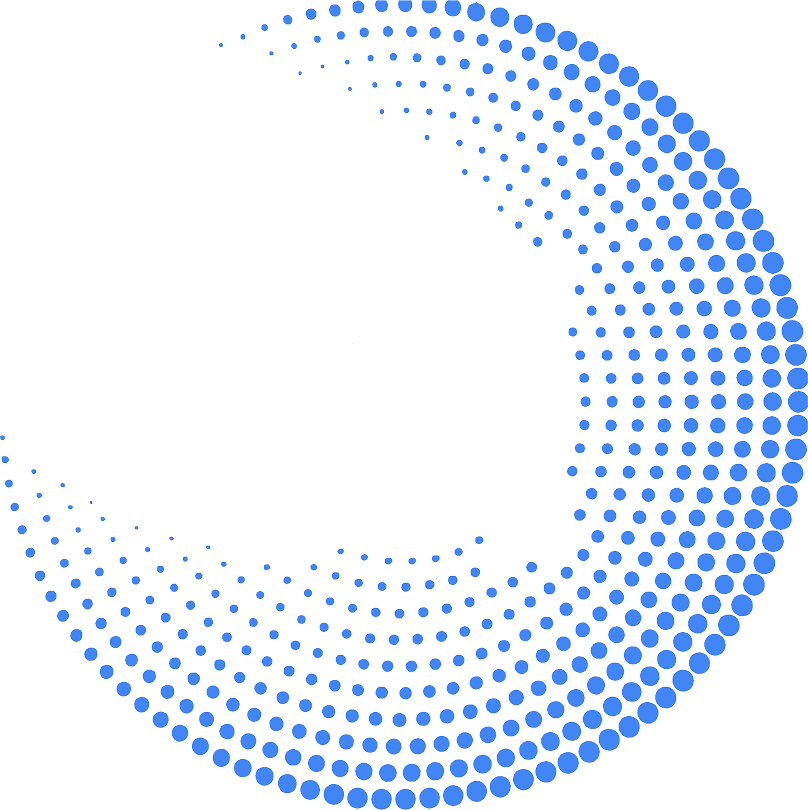See results in 1 day.
Trusted by 120+ planners.
Advanced planning
that delivers
from day one.
Powerful to scale, simple to start.
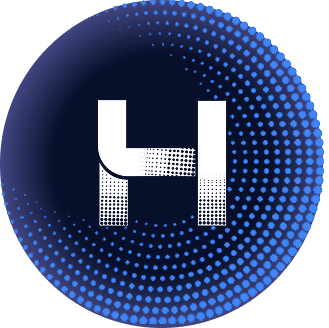
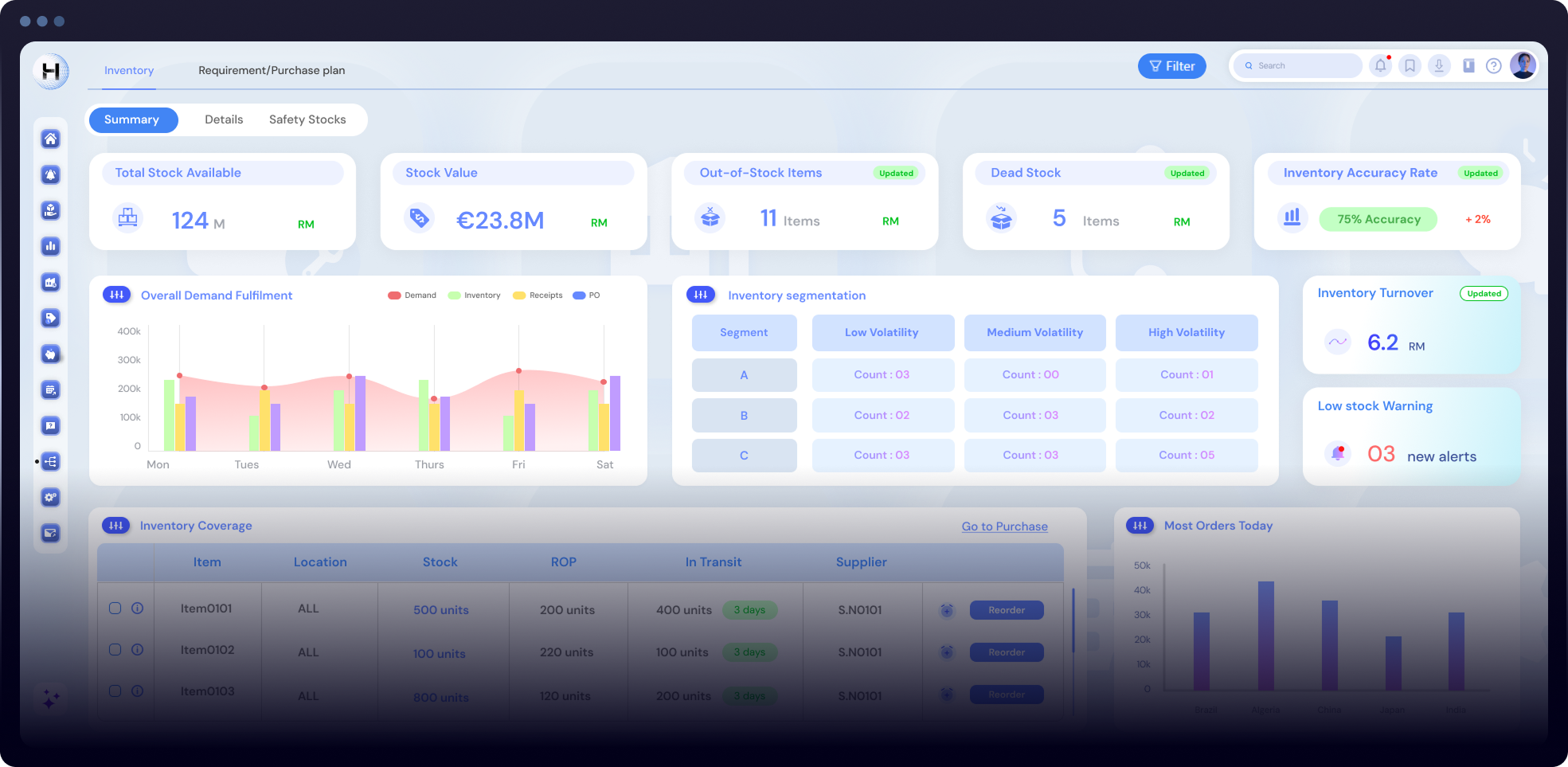
Relied on by Professionals Worldwide

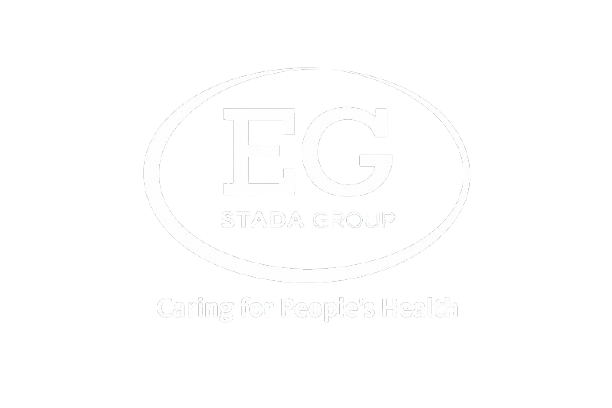












Planning
The era of slow, siloed planning is over.
Planning tools have not kept up with how businesses evolve.
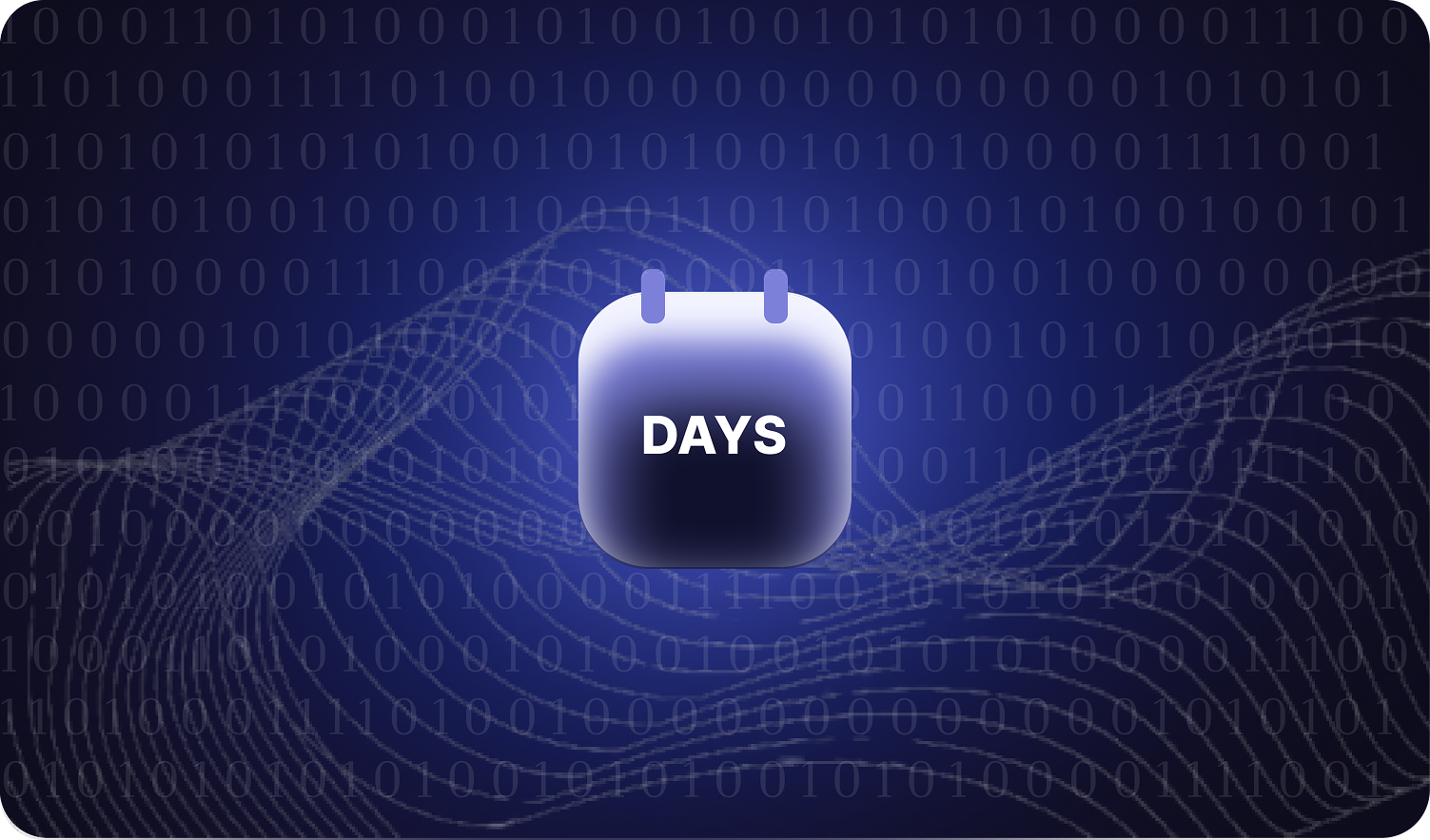
Start planning and collaborating
in days
in days
ML builds forecasts, the optimizer balances plans, and your assistant flags what matters - all in one shared workspace.
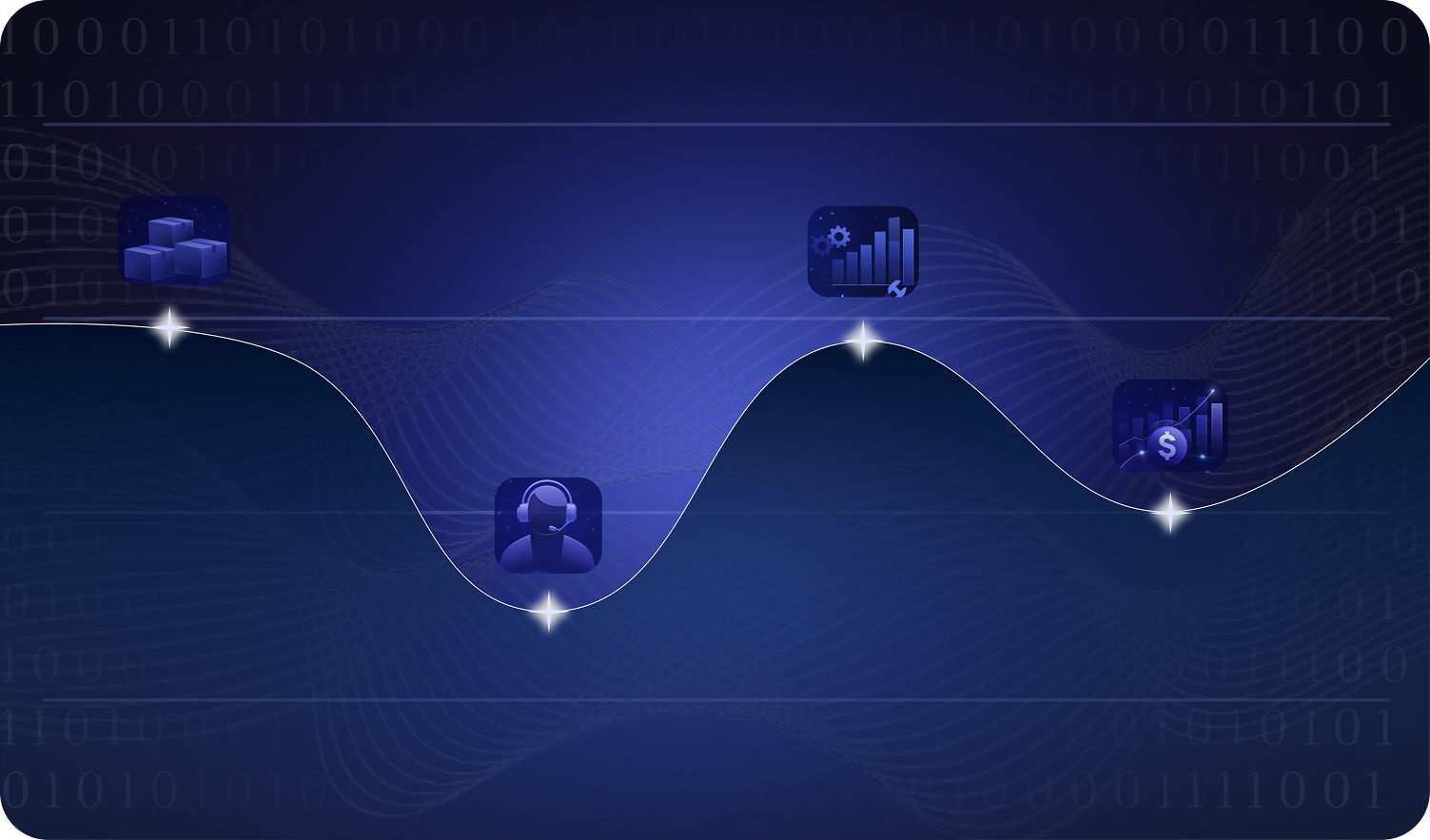
See the impact on inventory, customer service,
and financials
and financials
Simulate stock and service levels instantly, and track performance across every product and location.
Start & Scale
Start with one module or scale to end-to-end planning, in real time.
Fewer stockouts, no excess inventory, and faster decisions.
Demand planning
4
0
9
4
3
7
8
6
1
8
3
2
7
8
0
4
2
0
-45% error reduction
Improve forecast accuracy, align teams faster, and spend less time maintaining spreadsheets.
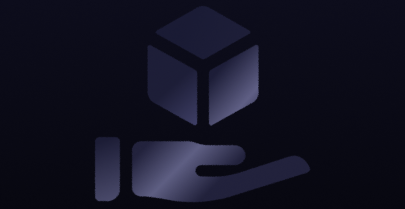
Supply planning
4
0
9
4
3
7
8
6
9
9% service
99% servi
99% service
2
7
8
0
4
2
0
streamlines manufacturing processes, balances capacity with demand for efficient, cost-effective production.

Detailed scheduling
4
0
9
4
3
7
8
6
4
0
% m
4
3
2
7
8
0
4
2
0
anually scheduled
Reduce manual scheduling effort, improve resource utilization, and free up extra production capacity every day and week.

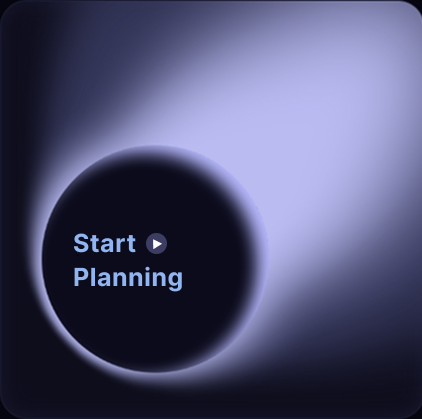
Active Users
4
0
9
4
3
7
8
6
4
1
2
4
3
2
7
8
0
4
2
0
4
0
9
4
3
7
8
6
4
0
+
Growing planners community.
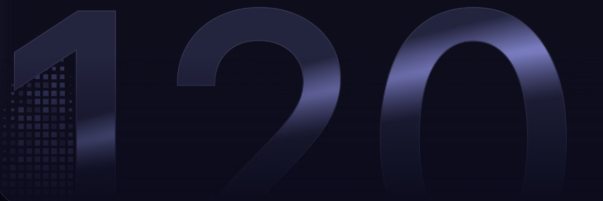
Simple & Clear
Effortless Planning Journey
Quickly start with guided steps from sign-up to Planning.
Step 1 – Sign Up & Connect
Get in touch with us and sign up fast.
Step 2 – Upload your data
Upload your files into Horizon to get started quickly.
Step 3 – Start Planning
Receive alerts, forecasts, and insights. Plan faster and smarter with horizon.
Planning Support
Expert guidance for planners
Across demand, capacity, inventory, and production planning.
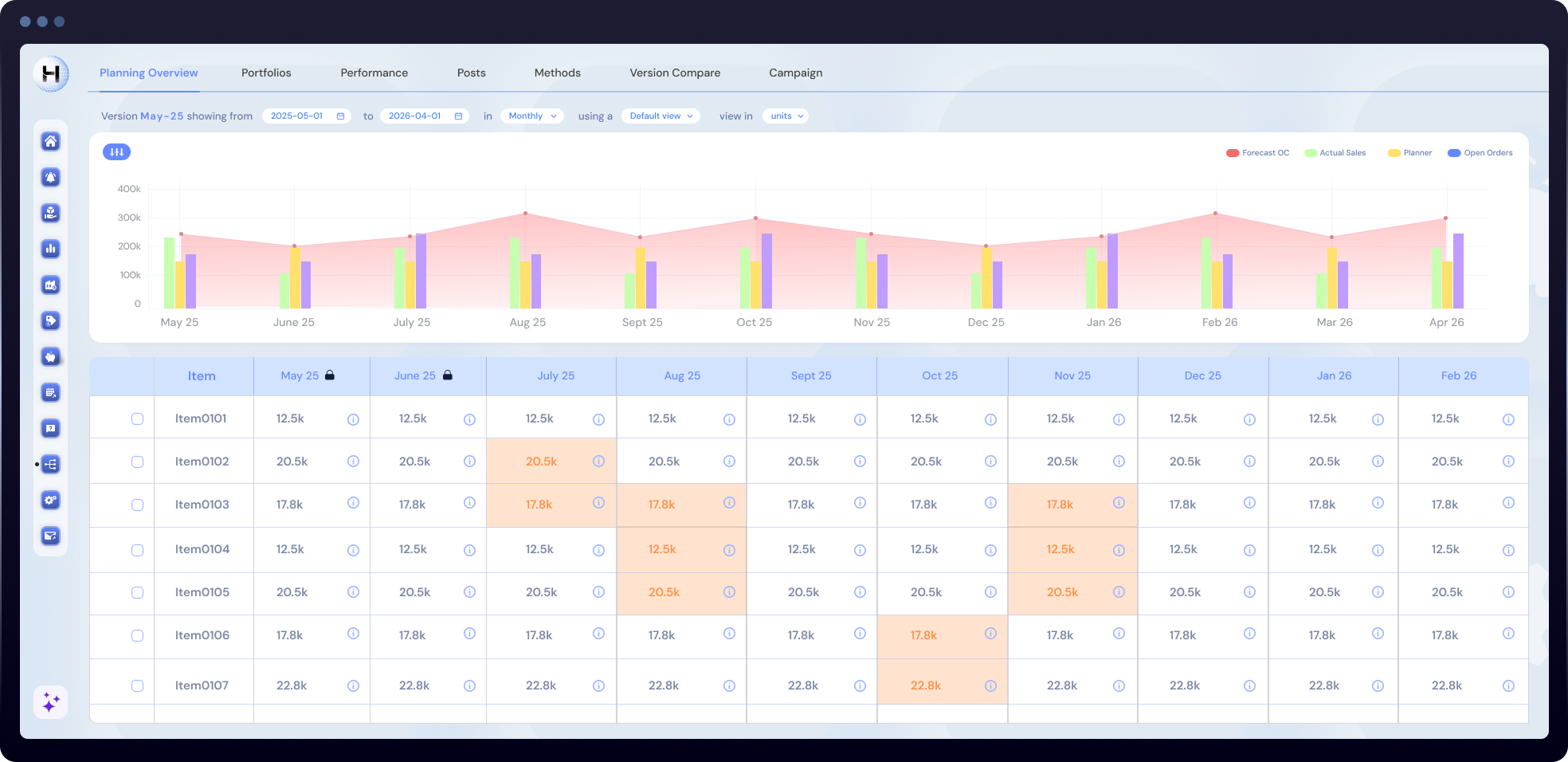
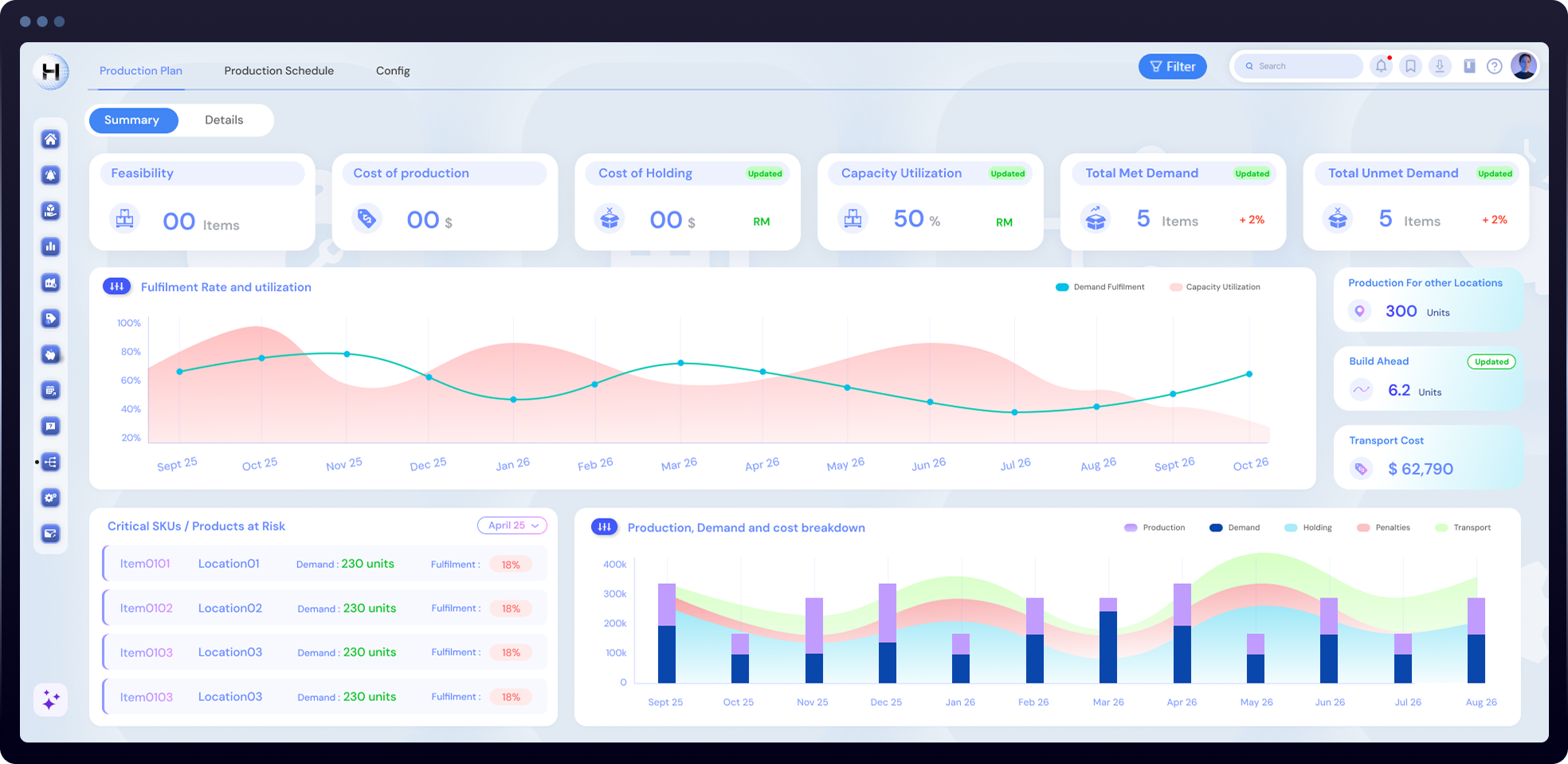
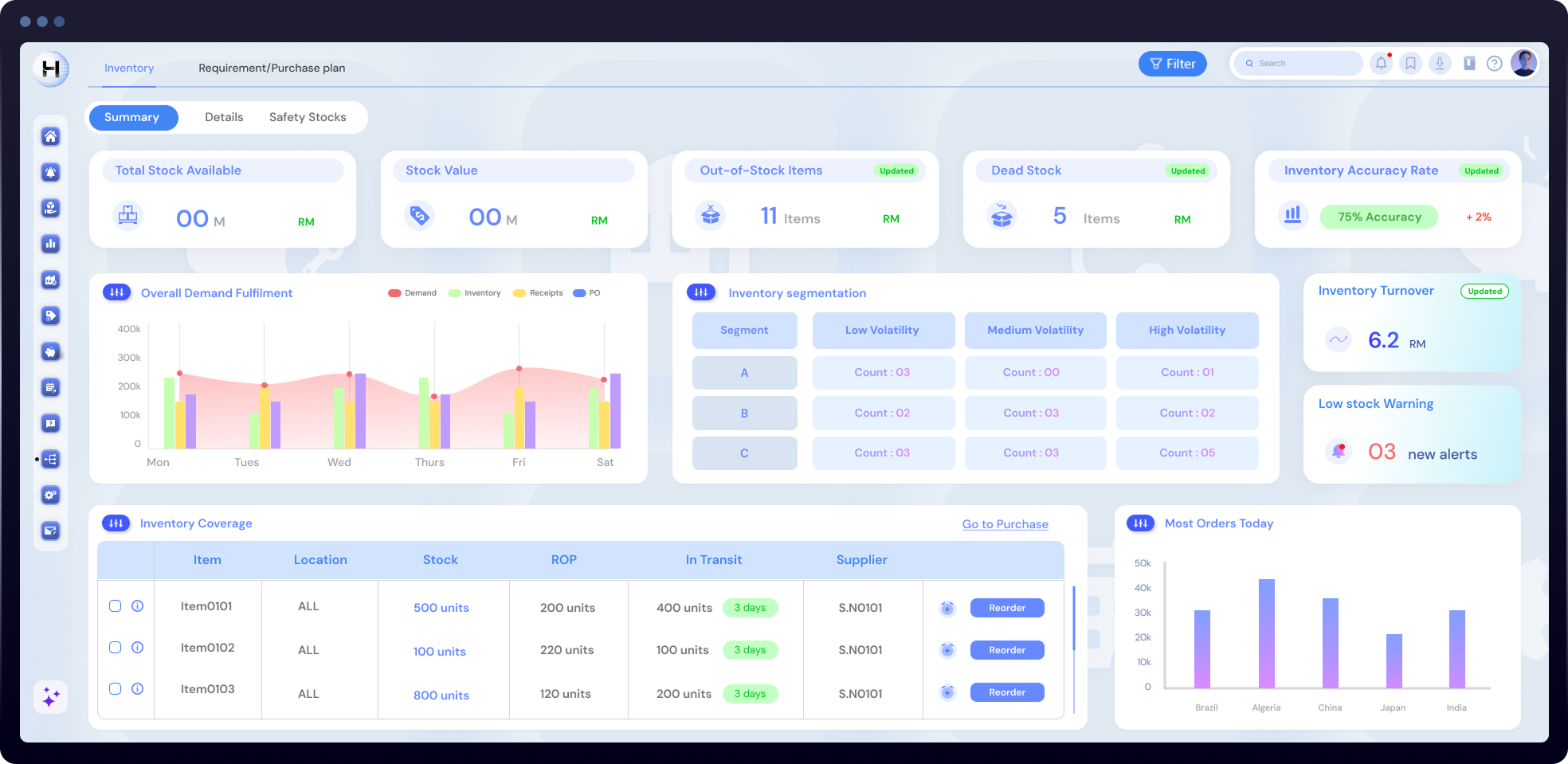
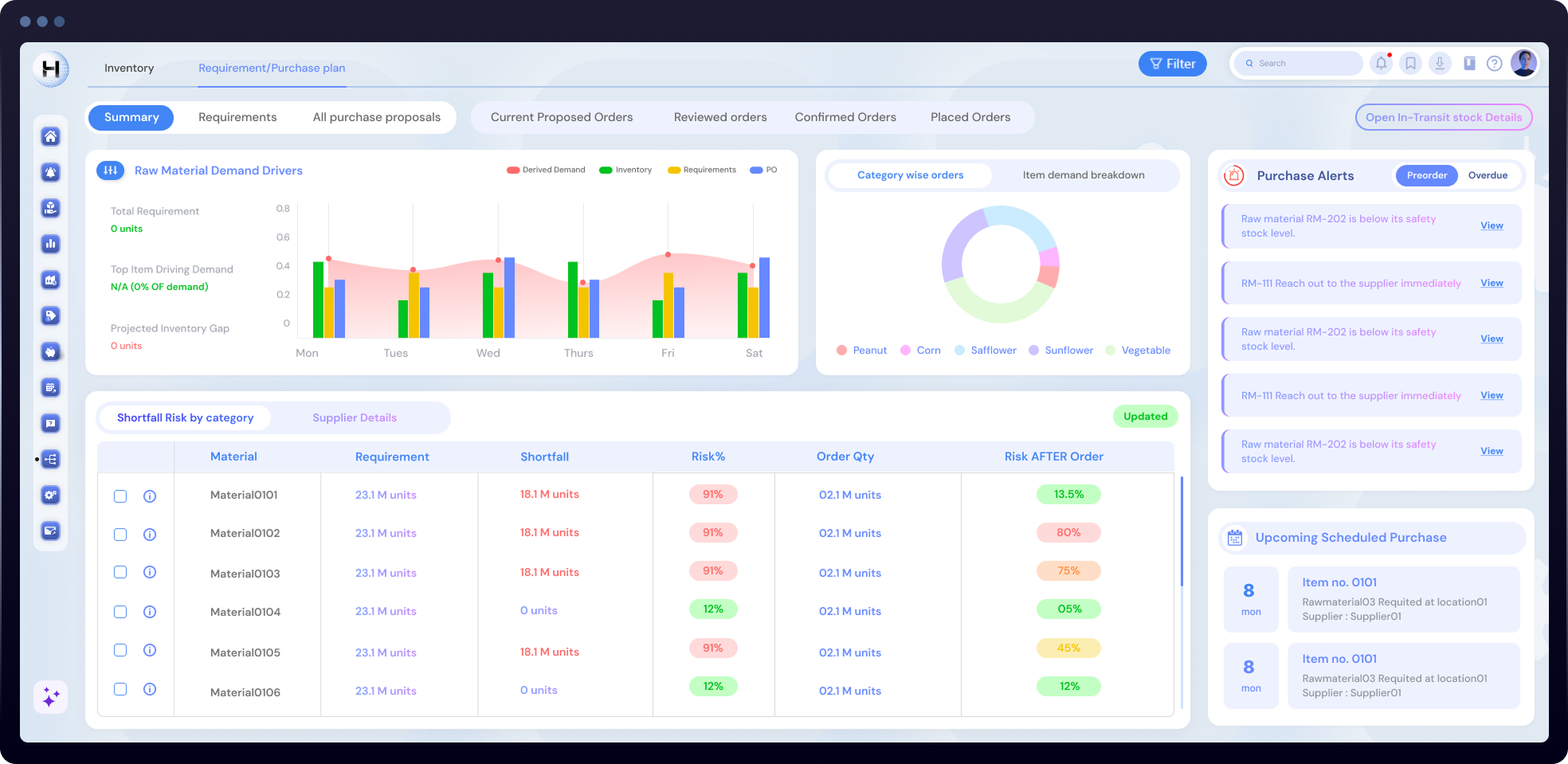
Advanced planning
Intelligent responses
Talk to our assistant and get insights.
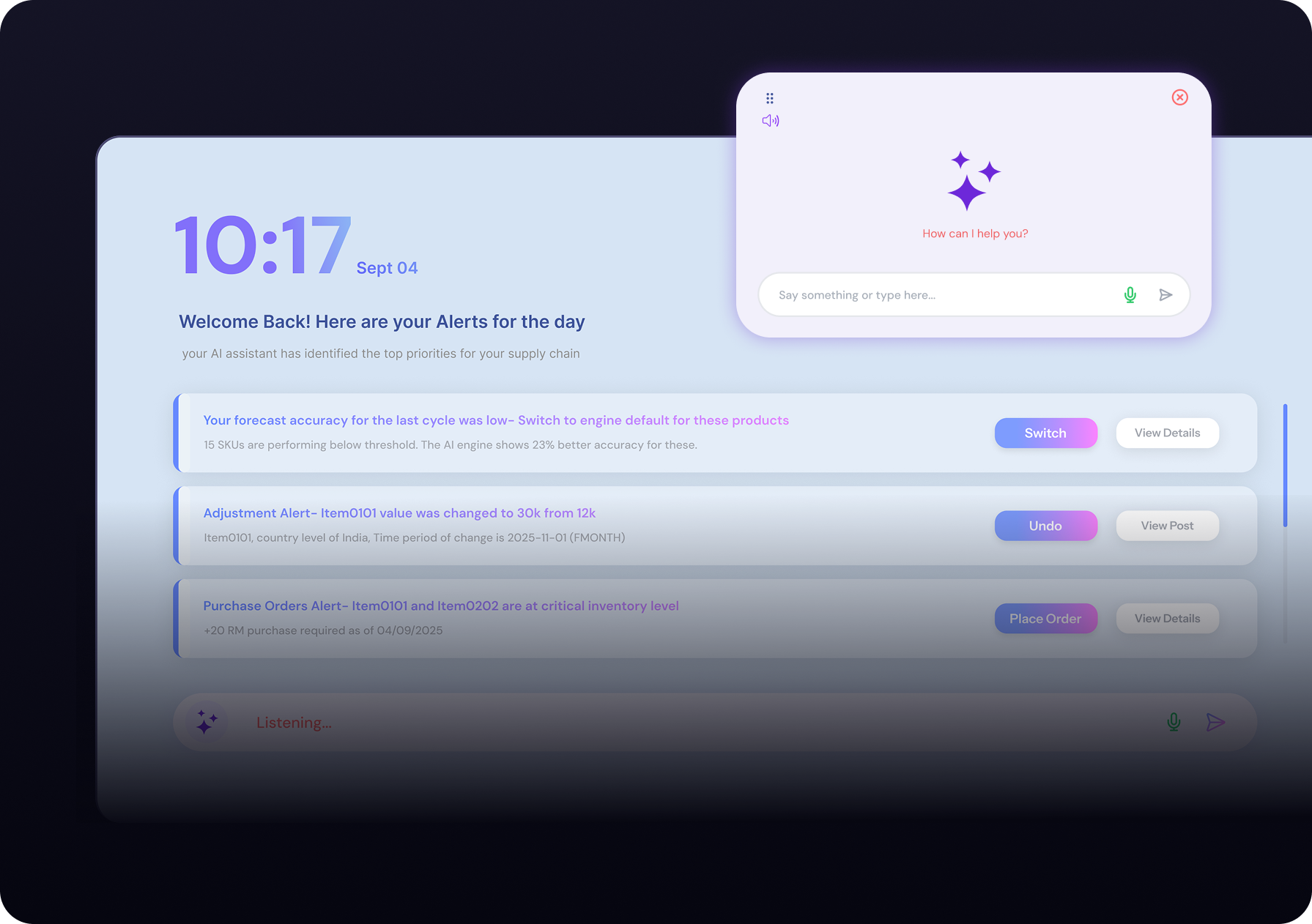
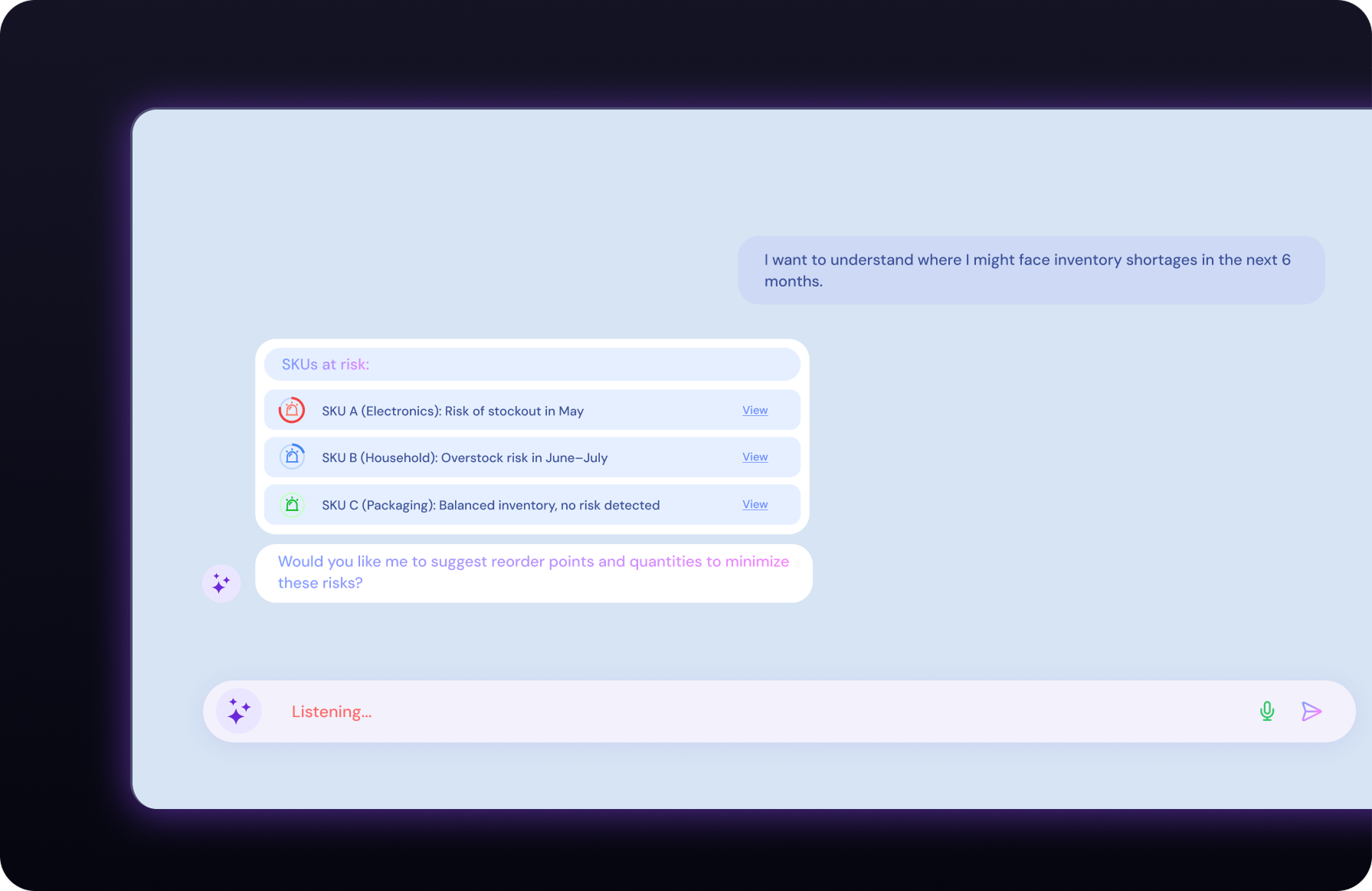
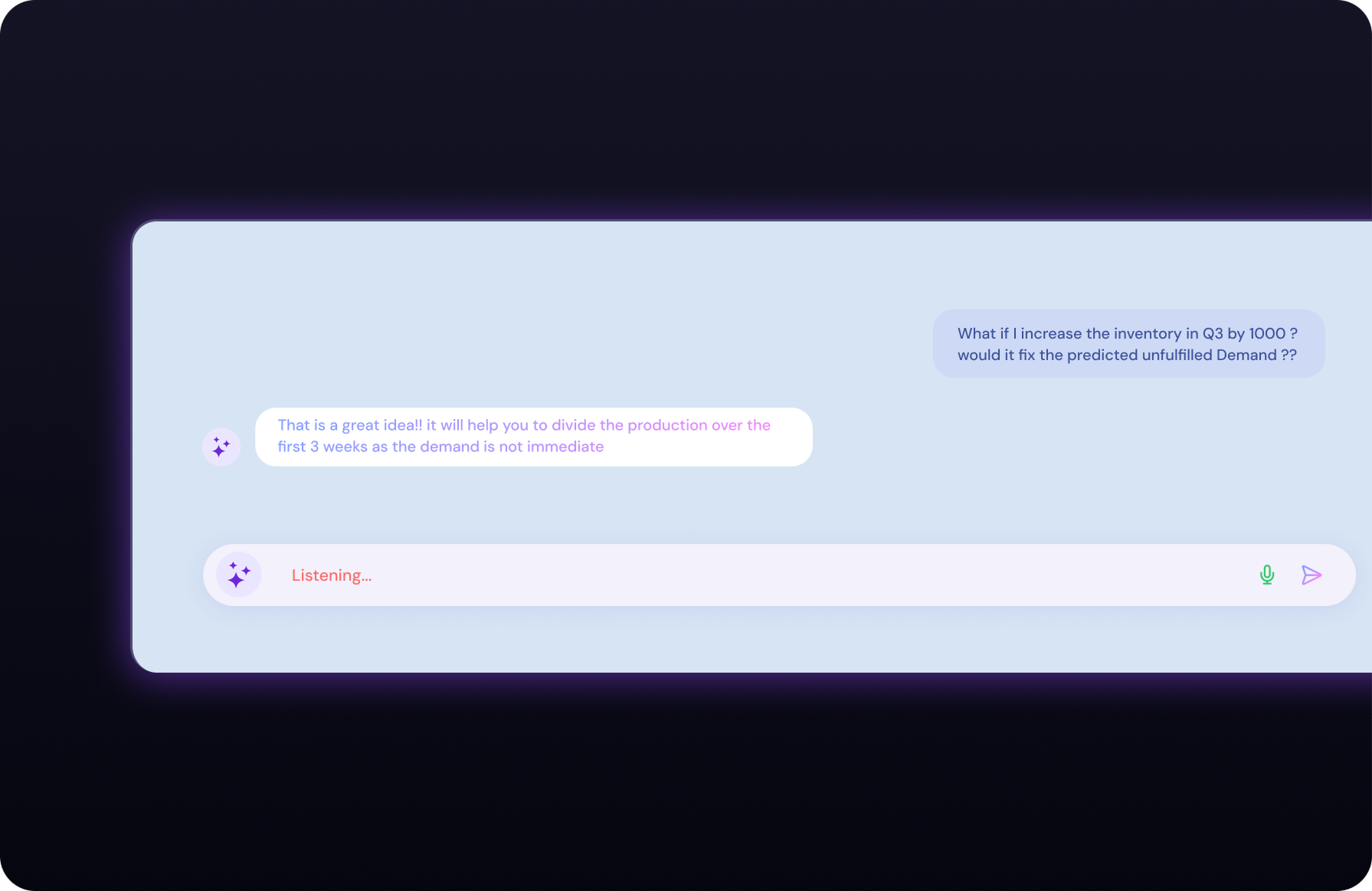
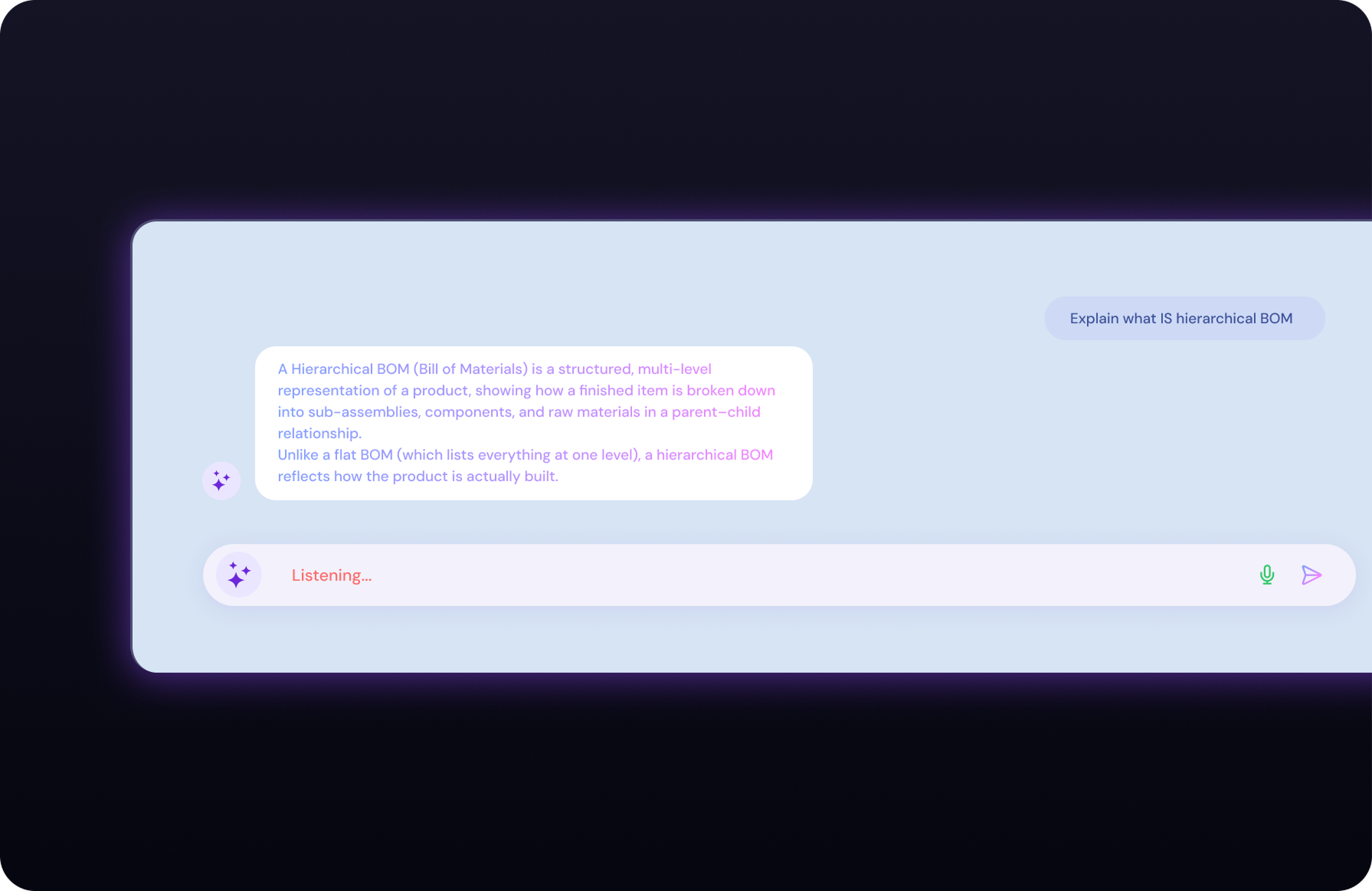
Planners' Voices
What planning leaders say
Real experiences from planners and leaders.
"Impressed by the knowledge and fast results of Horizon.
Together we turned plans into action in no time."
Together we turned plans into action in no time."
"After 40+ years of implementing different planning tools, Horizon is by far the easiest to set up and adapt. It combines strong models with a flexibility we haven’t seen elsewhere."
“What stood out was how quickly our team could use Horizon and how easily it was integrated with our current systems: the planning team saw the impact on their day-to-day immediately, and it improved collaboration and decision-making from a management perspective.”
FAQ
Frequently Asked Questions
Find quick answers to the most common questions about our planning solutions.
Integrations
Integrates with
Horizon integrates seamlessly with your existing tools and data sources, unifying everything in one intuitive platform, with your data fully secured.
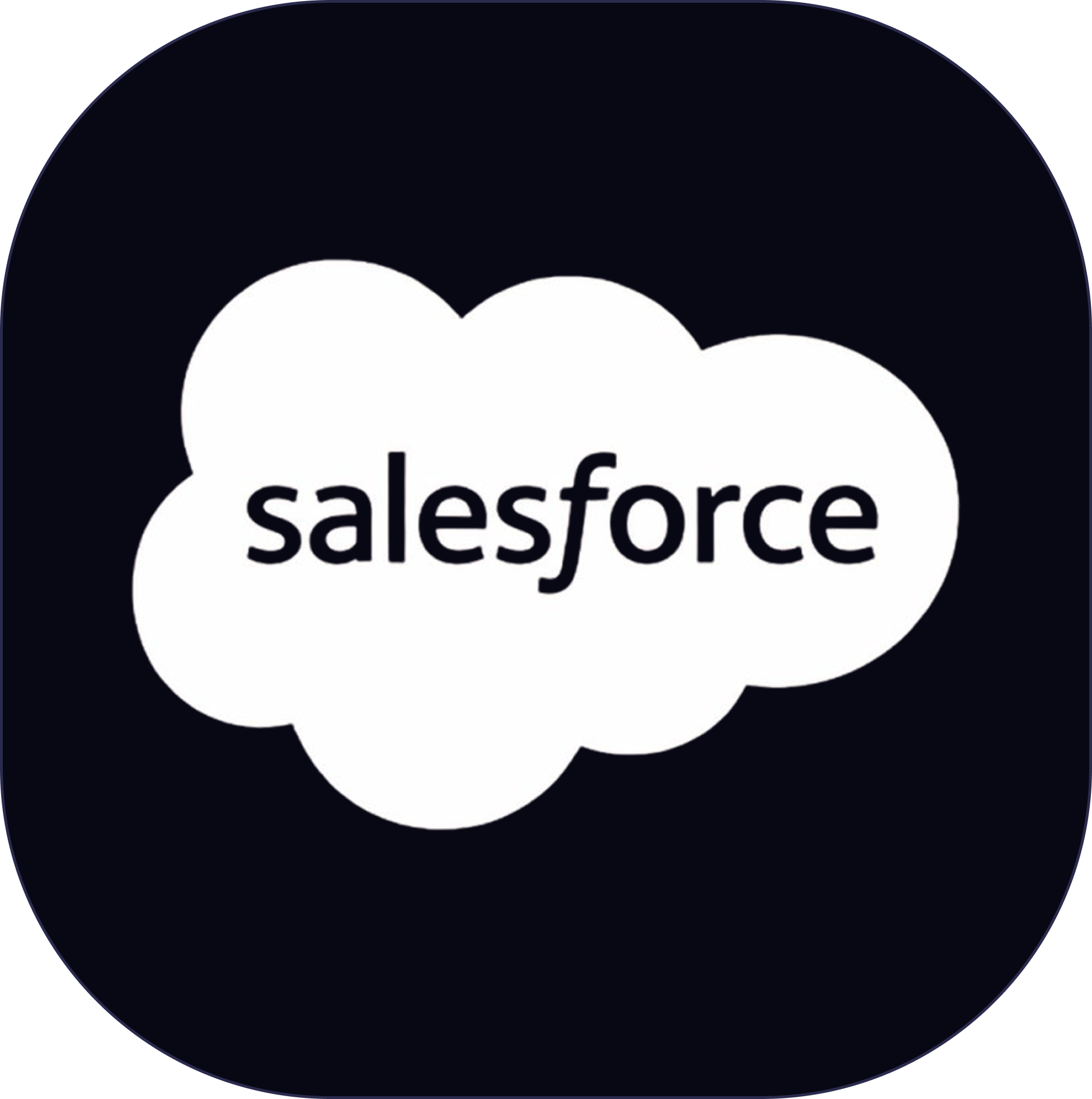
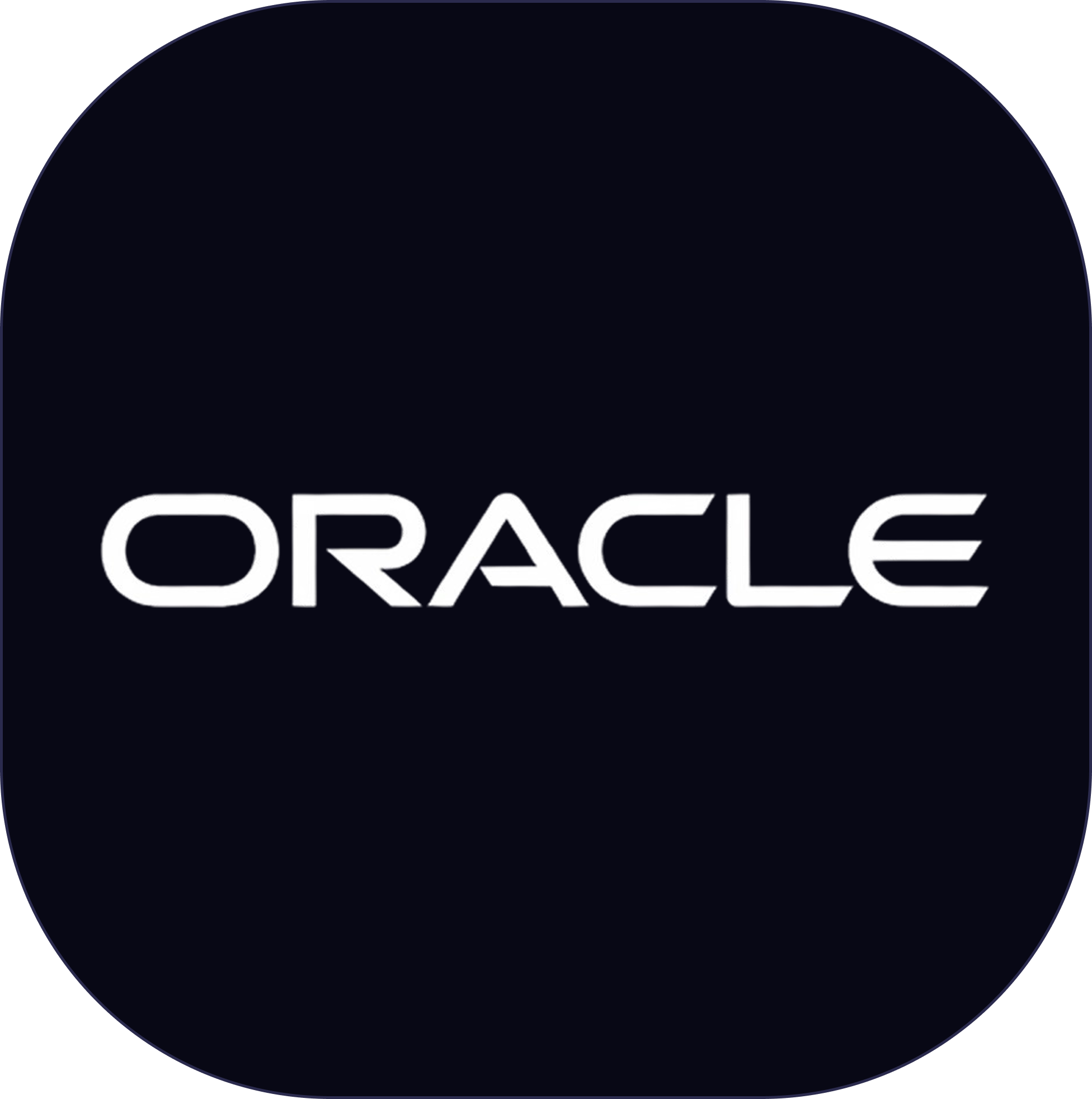
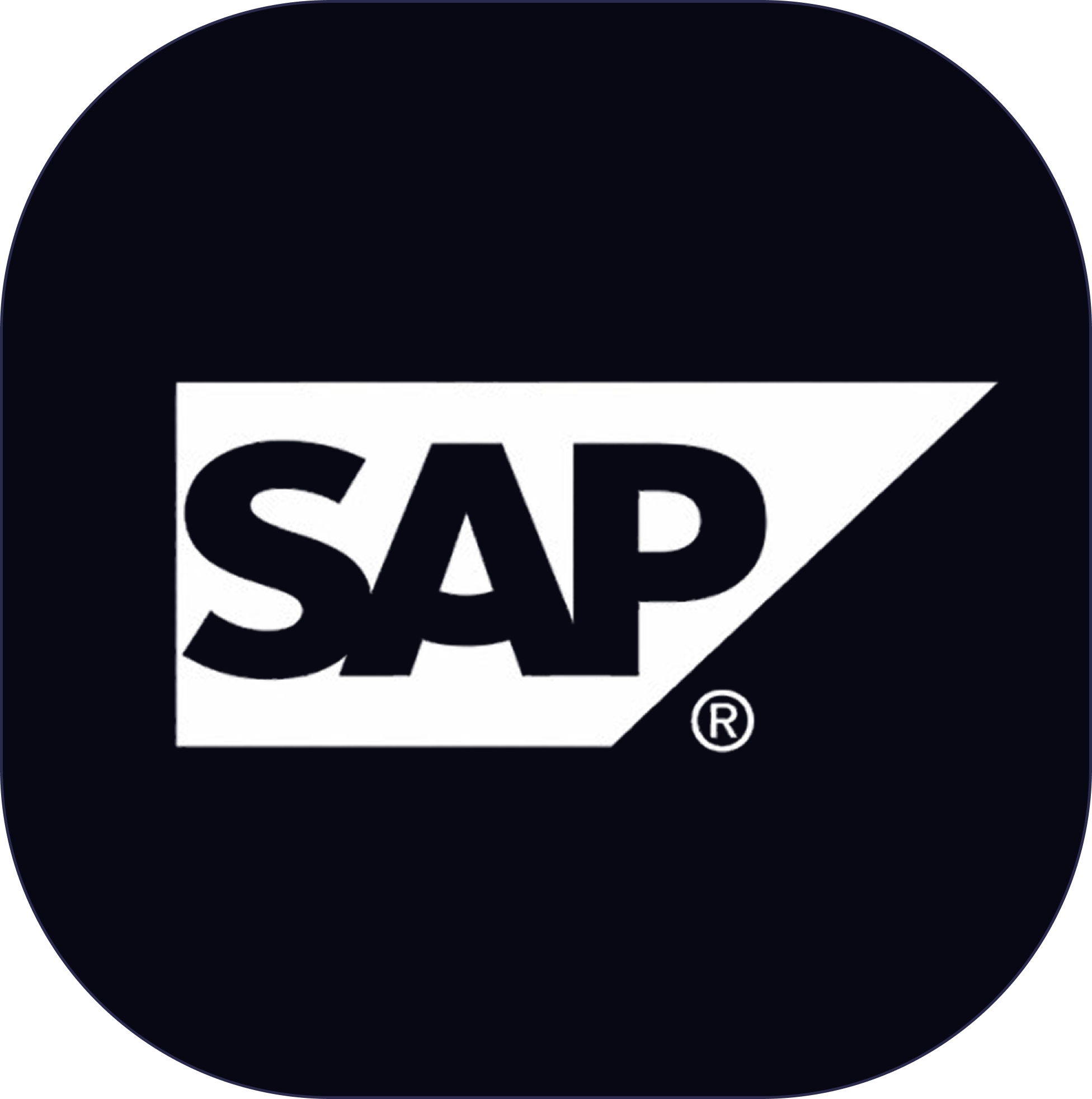
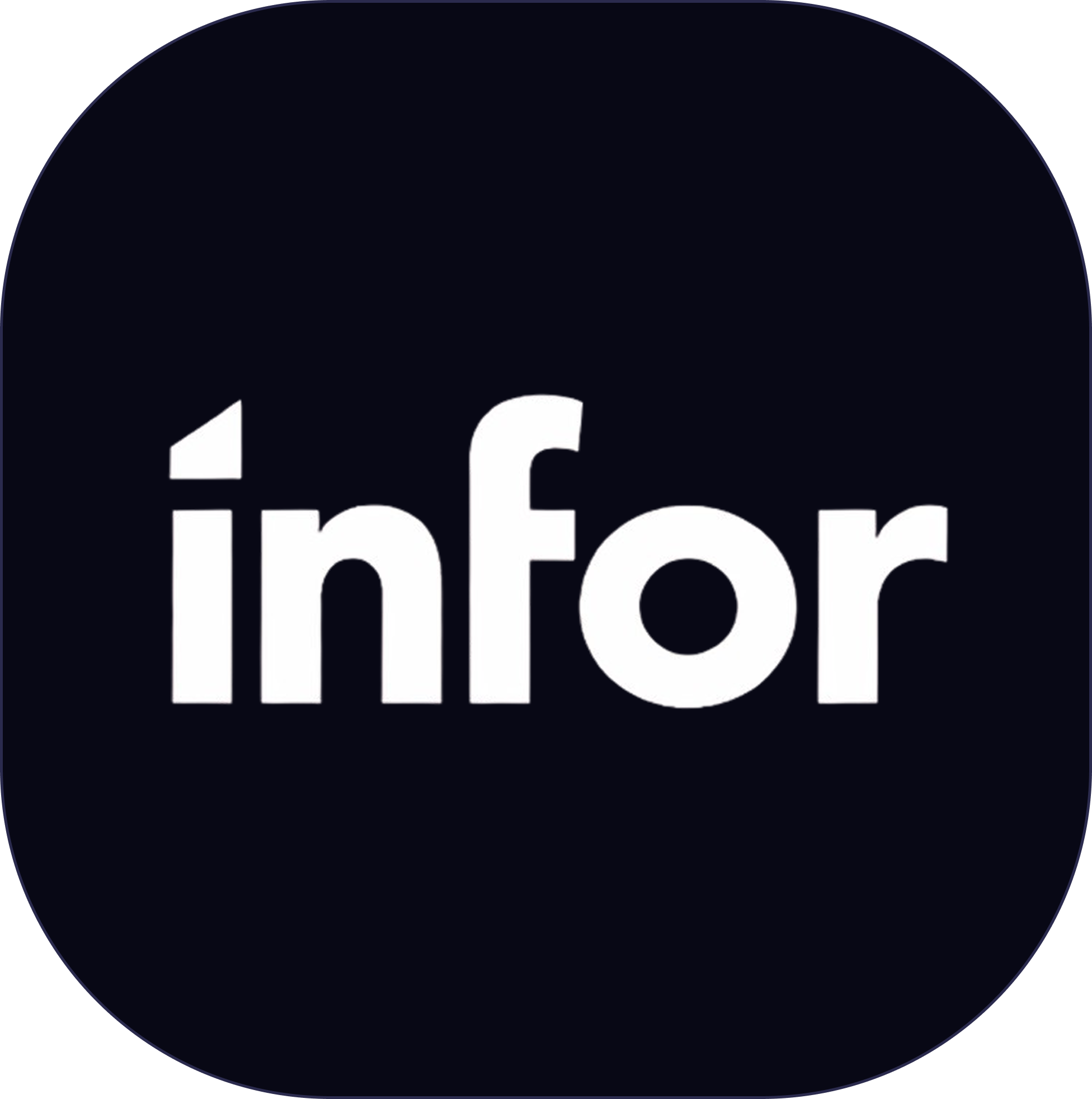
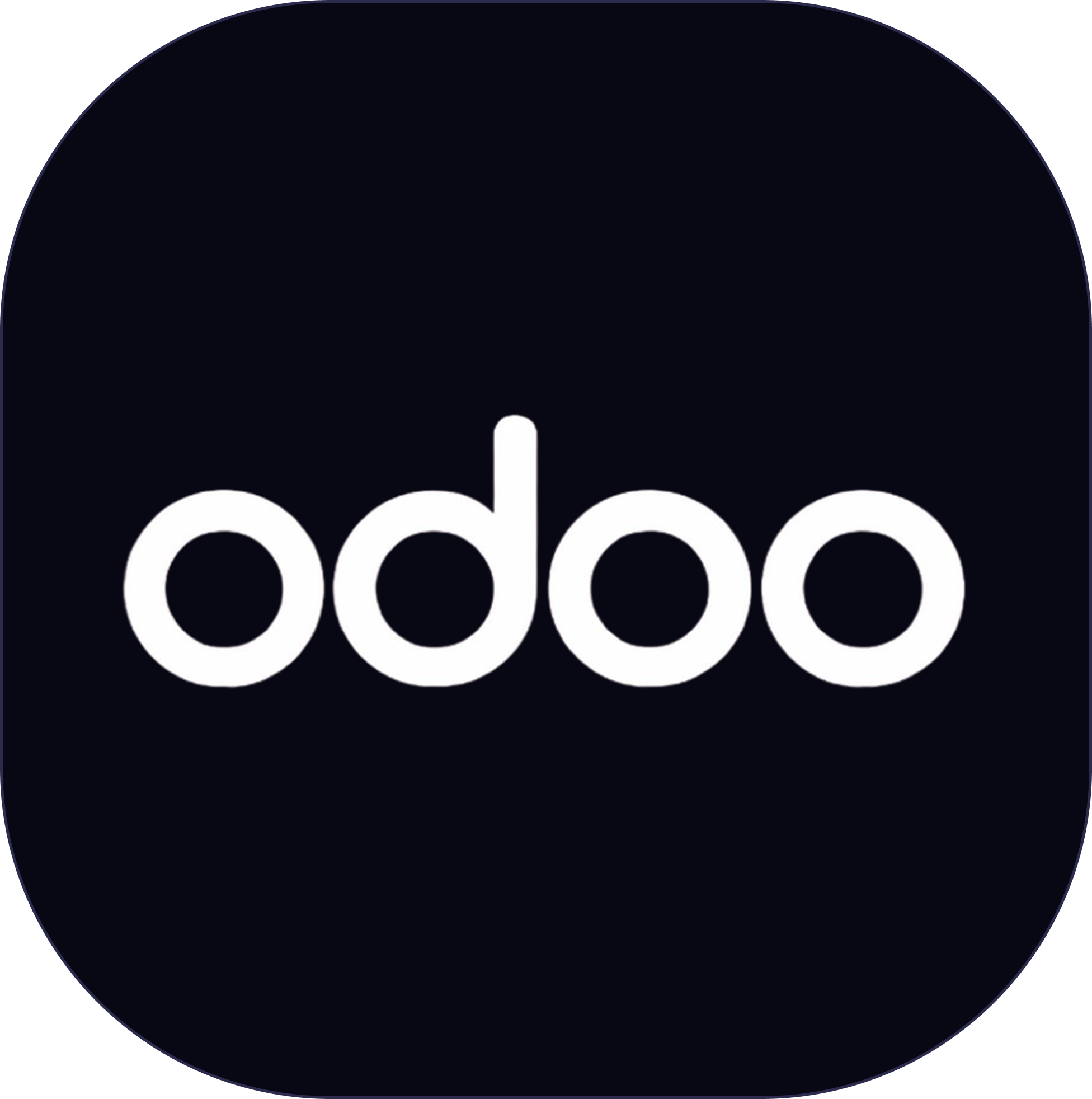
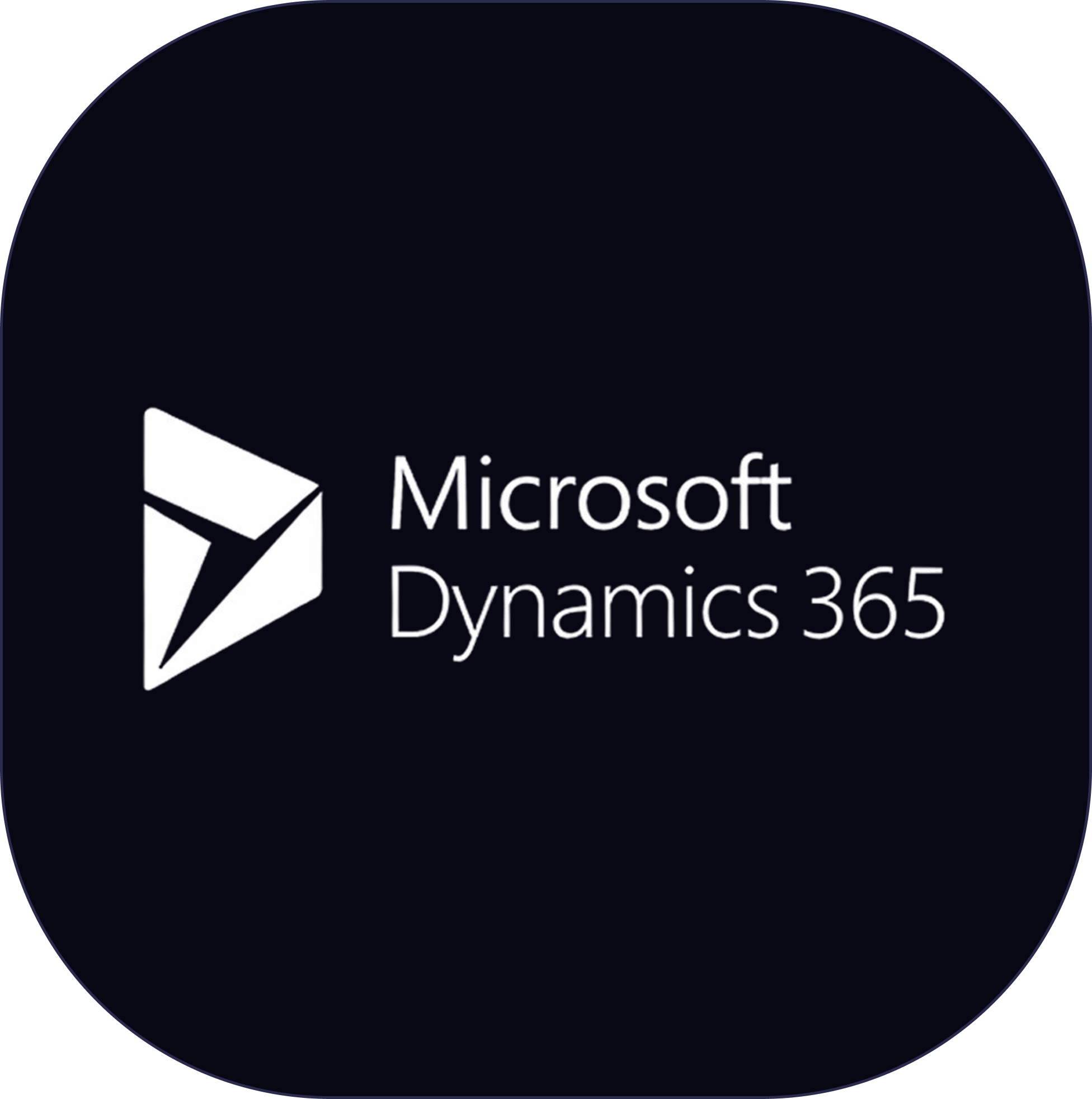
© 2026 Horizon Solutions. All rights reserved.



